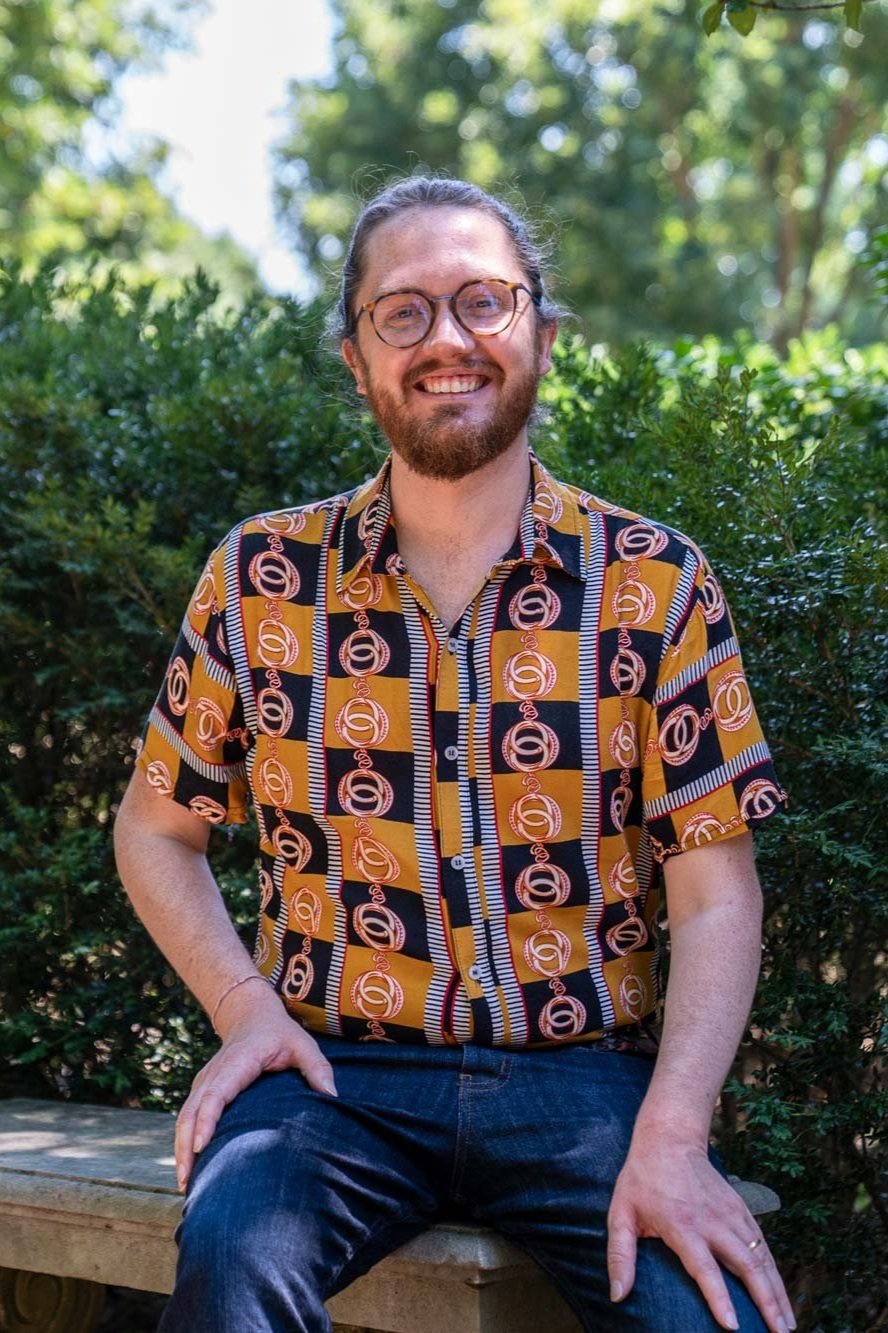
I am an Associate Professor at the University of Virginia's Corcoran Department of Philosophy, where I work in the philosophy of cognitive science. Throughout 2024, I’m pursuing an NEH fellowship titled, “The Spontaneity Deficit: Good Minds in the Age of Distraction.” That project has split off into two books about the nature and value of attention and distraction: The Spontaneity Deficit focuses on the moral psychological impact of digital technologies (especially AI-based recommender systems), whereas The Wandering Mind develops a theory of the nature and norms of attention. For more details, see my research statement.
Much of my work develops a nascent field of study: the philosophy of mind-wandering. Mind-wandering occupies up to half of our waking thoughts and has emerged as a leading topic in cognitive science. Yet this flurry of progress was not tethered to philosophical foundations. My work fills that gap, providing philosophical, scientific, and normative foundations for the study of mind-wandering, attention, and distraction. You can read more about each part of my work in the research tab, or in the summary below.
Interdisciplinary Methods
Perhaps my most distinguishing philosophical characteristic is the plurality of my methods. My heart lies in analytic philosophy/cognitive science. But I also try to follow research questions, wherever they lead me. Because of this, I have done interdisciplinary work using methods characteristic of cognitive psychology/neuroscience, social psychology, XPhi, and household finance. I even worked with LUSH to design a philosophical shower routine based in my work on mind-wandering.
All of my interdisciplinary work shares two core commitments. First, I collaborate with disciplinary experts whenever I veer outside philosophy. Although I strive to learn the methods of each new field, cross-training is no substitute for decades of experience. That’s why I have so many co-authored papers, with scholars from so many disciplines.
Second, this work is grounded in my core area of expertise: philosophy. My scientific methods to measure the stream of consciousness, for example, use ordinary language and videos to express my philosophical theory of mental action to ordinary people. Even my shower routine tackles a philosophical question––how do you harness passivity?––and uses distinctively philosophical ways of selecting and communicating about household objects (or this is my hope). I love philosophy precisely because it is portable into such varied disciplines.
Research PRograms
My work falls into three broad research programs. The first uses mind-wandering as a lens on mental action and attention I have proposed an action-theoretic model of mind-wandering as unguided attention. My first book project, The Wandering Mind, extends this model into a novel tripartite theory of mental action and passivity. I argue that this theory has implications for many traditional topics, including the causal basis, phenomenology, and limits of action and the difference between mental and bodily action.
The second research program proposes philosophical foundations for the cognitive science of mind-wandering. Some of that work is theoretical. Other is empirical, drawing on philosophy to overcome challenges that arise when we use introspection to measure the stream of consciousness. Using these philosophically-inspired methods, I am working with Sheisha Kulkarni to investigate whether bankruptcy changes the stream of consciousness by relieving financial stress. Caitlin Mills, Sam Murray, and I also have a Templeton Grant to develop machine learning classifiers that automatically distinguish mind-wandering from other streams of consciousness in a virtual reality setting.
My final research program is normative: I focus on the norms of attention. Creatures like us face a problem of attention. Every moment, we have a vast amount of information at our disposal; yet our attention is small. How we attend therefore matters for our ethical, epistemic, and practical success. This is true now, more than ever, as we struggle against technologies designed to place historically unprecedented demands on attention. My second book project, the NEH-funded Spontaneity Deficit, defends a Balancing Norm of attention. I then show how this norm reorients how we should theorize––and attempt to solve––the problem of digital distraction.
These projects have branched into broader questions about empirically informed––and often experimental––moral psychology. One series of papers with Sam Murray defends a “Two Channel” view of how character influences responsibility judgements. Our results from this project motivate a new model of the function of blame in social regulation. Another paper argues that willpower is the difference maker for the ordinary concept of self-control.